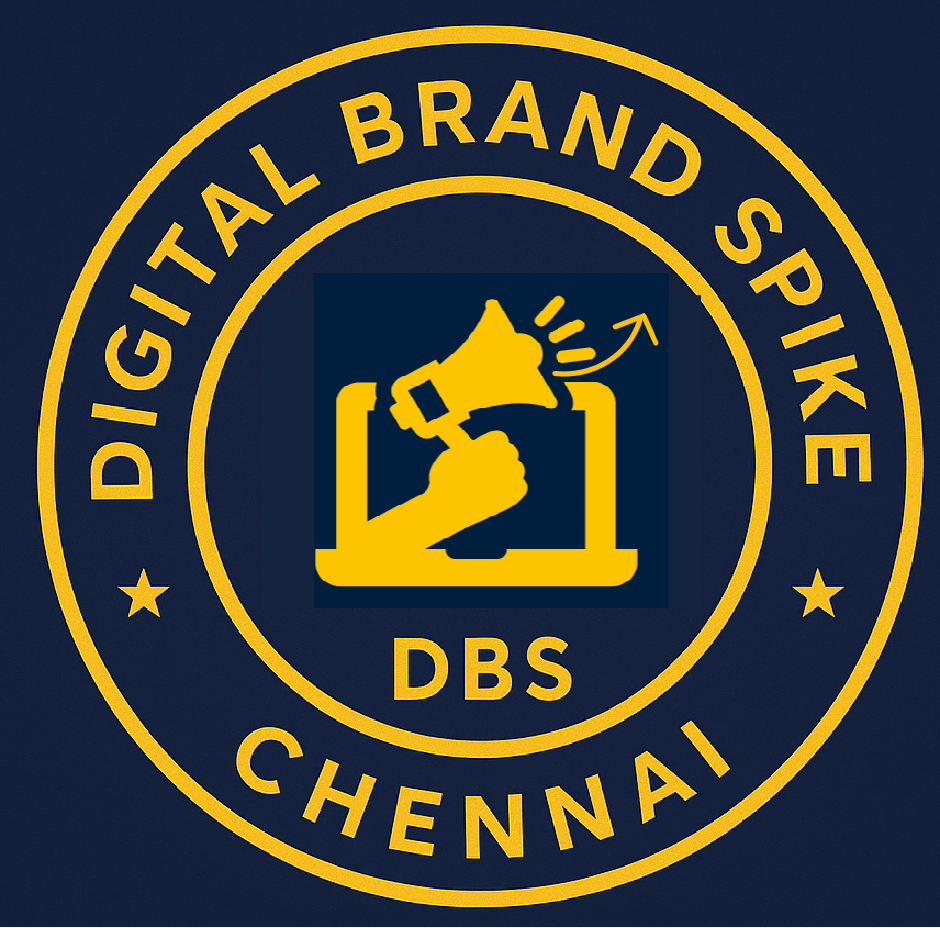In the ever-changing field of digital marketing, staying up to date on the newest technology breakthroughs is critical for organizations seeking to maintain a competitive advantage. As we navigate through 2025, the integration of innovative technologies is reshaping how brands connect with their audiences. This comprehensive guide delves into the pivotal digital marketing technologies that are defining the current era and offers insights into how businesses can leverage these tools for sustained growth.
Contents
The Evolution of Digital Marketing Technology
Digital marketing technology has undergone a significant transformation over the past decade. Initially centered around basic email campaigns and static websites, the field has expanded to encompass a myriad of sophisticated tools designed to enhance user engagement and streamline marketing efforts. Today, digital marketing technology is synonymous with dynamic, data-driven strategies that prioritize personalization and real-time interaction.
Key Trends in Digital Marketing Technology
1.Artificial Intelligence and Machine Learning
AI and machine learning (ML) have become critical components of digital marketing technology. These tools enable marketers to analyze vast datasets, predict consumer behavior, and automate various aspects of campaign management. For instance, AI-driven chatbots provide instant customer support, while ML algorithms optimize ad placements for maximum ROI.
2. Personalization at Scale
Modern consumers expect personalized experiences. Digital marketing technology facilitates this by allowing businesses to tailor content, product recommendations, and communication based on individual user preferences and behaviors. This level of customisation not only improves consumer pleasure, but it also increases conversion rates.
3. Voice Search Optimization
As speech-activated assistants and smart speakers proliferate, it has become imperative to optimize content for voice search. Digital marketing technology now includes tools that help businesses understand and implement voice search strategies, ensuring their content remains accessible and relevant in this new search paradigm.
4. Video Marketing and Live Streaming
Video content continues to dominate digital platforms. Advances in digital marketing technology have made it easier for brands to produce high-quality videos and host live streams, fostering real-time engagement with audiences. Interactive video features and analytics tools further enhance the effectiveness of video marketing campaigns.
5. Virtual reality (VR) and augmented reality (AR)
The way consumers engage with brands is being revolutionized by AR and VR technologies. From virtual try-ons in the fashion industry to immersive property tours in real estate, digital marketing technology is harnessing AR and VR to create engaging, experiential marketing campaigns that captivate audiences.
Implementing Digital Marketing Technology: Best Practices
To effectively integrate digital marketing technology into your strategy, consider the following best practices:
Assess Your Needs: Identify specific areas where technology can address challenges or enhance performance.
Invest in Training: Ensure your team is equipped with the necessary skills to utilize new tools effectively.
Start Small: To determine the efficacy of new technologies, test them out on a smaller scale before implementing them fully.
Monitor and Adapt: Continuously analyze performance metrics and be prepared to adjust strategies based on data insights.
Challenges in Adopting Digital Marketing Technology
Even while using digital marketing technology has many advantages, there are drawbacks as well:
Cost: High-quality tools and platforms can be expensive, posing a barrier for smaller businesses.
Complexity: The rapid pace of technological advancement can make it difficult to stay current and fully understand new tools.
Data Privacy: With increased data collection comes the responsibility to protect consumer information and comply with regulations.
The Future of Digital Marketing Technology
In the future, digital marketing technology is expected to advance in terms of integration and ease of use.
Enhanced AI Capabilities: More sophisticated AI will offer deeper insights and more personalized customer interactions.
Integration of IoT Devices: To get a more complete picture of customer behavior, marketing tactics will increasingly use data from Internet of Things (IoT) devices.
Blockchain for Transparency: Blockchain technology may be utilized to enhance transparency and security in digital advertising transactions.
Conclusion
Businesses hoping to succeed in today’s digitally oriented industry must embrace digital marketing technology; it is no longer a choice. By staying informed about emerging trends and thoughtfully integrating new tools, companies can create more engaging, efficient, and effective marketing strategies that resonate with their target audiences.
Note: This article is a general overview of digital marketing technology trends and does not reference specific sources or events.
www.digitalbrandspike.com , www.kokilapriya.com
Want to know more updates on digital marketing technology, click the below link and follow me on linkedin

